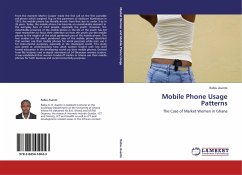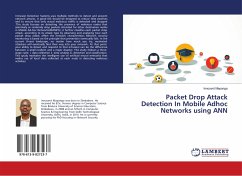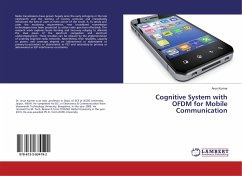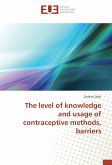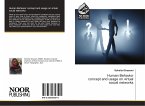From the moment Martin Cooper made the first call on the first portable cell phone which weighed 1kg on the pavement of midtown Manhattan in 1973, the mobile phone has literally shrunk from that size to under 3 oz in 35 years. Today, the mobile phone has become an unmistakable element in the everyday lives of most people, especially the youth. However, the indomitable presence of the mobile phone in the life of the youth has led most researchers to focus their attention on how the youth use the mobile phone to the neglect of the adult gendered uses of the mobile phone. The few studies on the adult gendered uses of the mobile phone identified that women use their mobile phones for social purposes while men use it for instrumental purposes, especially in the developed world. This study was aimed at understanding how adult women traders with low level formal education in the developing world use their mobile phones. Derived from life histories and in-depth interviews of 24 Ghanaian women traders, it was established that women foodstuff traders in Ghana use their mobile phones for both business and social connectivity purposes.

